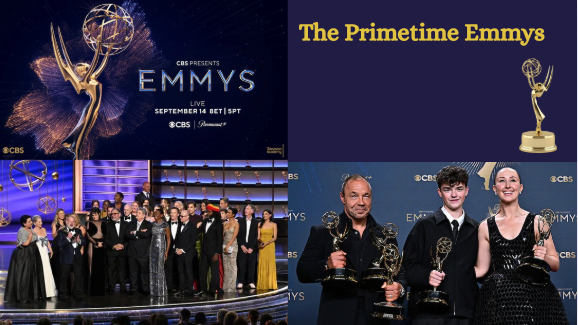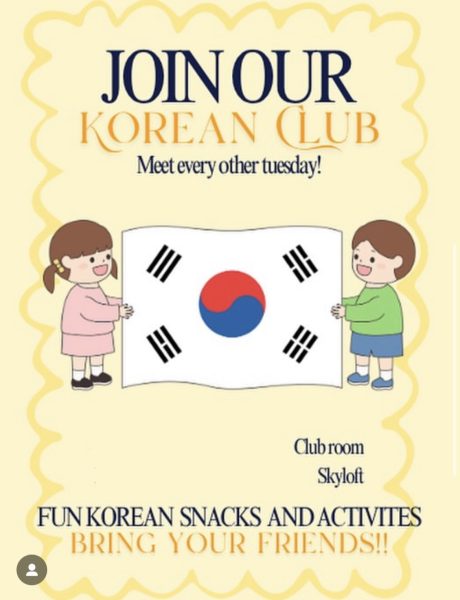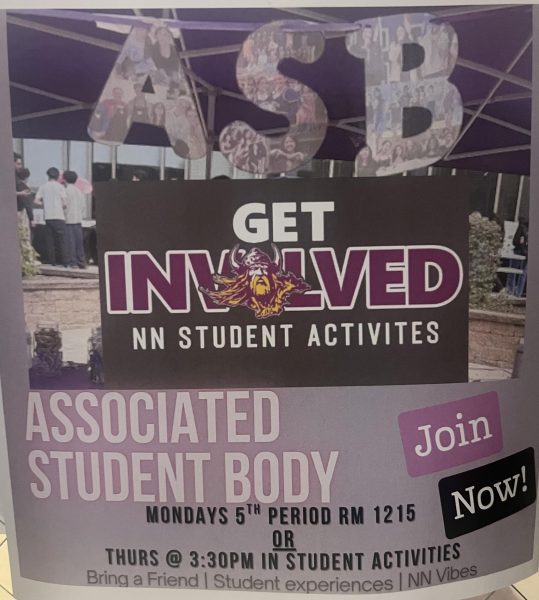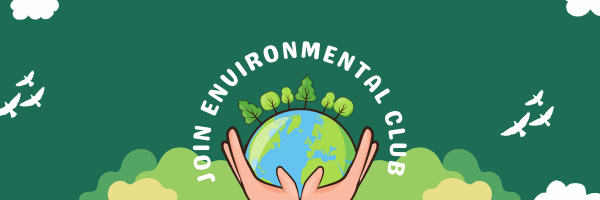Addressing antisemitism through the Jewish lens

2020 protest in New York
Bigotry, prejudice, and acts of hate toward the Jewish community have unfortunately been on the rise. Just recently, Oct.27 marked the four year anniversary of the Tree of Life Shooting; the deadliest attack on the Jewish community in U.S. history. However, this is nothing new. Antisemitism has been around since the first recorded centuries. It has been a devastation and ever-growing cancer to the community ever since.
The hate crimes rates towards the Jewish population in the United States have been at all time highs and the incidents have had a “430% increase since 2016-2021” alone according to the Anti-Defamation League, making Jewish people the most targeted religious group in the country.
In a recent local report by ABC 7 Chicago, “Thus far in 2022, reported hate crimes are on the rise, particularly those based on race and religion with Blacks at 50% and Jews 75%…” the Chair of Commission on Human Relations Nancy Andrade said.
Here are just a few stories from the last couple of weeks regarding the ongoing rise:
Oct 3: Jones College Prep, a CPS high school recently allowed a student to walk into the doors of the school and participate in a costume parade in a Nazi-like uniform and mimicked the infamous march.
Oct 24: At Miami of Ohio, the university’s Sukkah, a sacred structure, was destroyed.
Nov. 5: A synagogue in Birmingham, Alabama was at the center of an arson attempt.
Nov. 14: In Bethesda MD, graphic antisemitic graffiti was displayed near a trolley trial.
Nov. 15: Headstones at a Jewish cemetery in Waukegan, IL were vandalized with swastikas.
Last week Jewish students at North received harassing comments \ wishing “Death Con 3” to Jewish people and equating their appearance to rats, an age old example of vulgar antisemitic rhetoric.
With all this stated, Jewish students at Niles North are extremely vulnerable to the rise in modern-day antisemitism and feel that the need for advocacy and condemnation from their non-Jewish friends and community members is lacking.
“It makes me feel unsafe and that I’m hated just because of who I am,” senior Ian Pritzker said.
“It terrifies me…Deadly hate crimes could happen anywhere at this rate,” Sophomore Ruby Rosenberg said. “It is now 2022. Acceptance of race, religion, sexuality, gender is on the rise. But why are Jews excluded from this?”
Coming to school and continuing to go about life, feeling total numbness after yet another devastation within the community deeply affects the mental health of Jewish students.
“Judaism is an ethno-religion and culture, all of us around the world are closely-knit. Seeing these tragedies really takes a toll on me,” Rosenberg said.
The little to no conversation at Niles North regarding the spike of antisemitism doesn’t go unnoticed by students.
“I feel like the recent spike in antisemitism has received a lot of apathy by people who usually consider themselves to be upstanding against bigotry,” an anonymous student said. “From my experience, antisemitic comments and actions aren’t taken as seriously and don’t get talked about enough.”
Talking about the Holocaust in history classes for a few days and mentioning a recent Kanye comment every now and then isn’t sufficient enough to match the years of trauma and pain the community continues to endure.
What can Niles North community members do to become more proactive in supporting their Jewish community?
For starters, engaging in conversations about these difficult times could be making a big difference. Acknowledging what’s going on in a community different than your own shows great strides of compassion.
“I wish that my non-Jewish friends would do a better job at checking in on me when these tragedies happen,” Rosenberg said.“Create spaces for Jewish students to be heard, to listen, and to educate. Get the word out, because the more attention there is drawn to an issue, the more public motivation there is to really do something about it.”
Skokie has its own history with antisemitism. Back in 1978, a group of neo-nazis planned on proudly marching down the streets of the town, which at the time was largely populated by Holocaust survivors, in the name of free speech and hatred. Skokie’s current Jewish population is around 28 percent, and is home to the Illinois Holocaust Museum and Educational Center.
There is no excuse why this resource in our very own backyard shouldn’t be utilized to inform and build bridges between Skokie’s diverse communities.
At most, allowing Jewish students the opportunity to come together to heal and share their experiences with fear and stories of hope could be a game changer.
The Jewish community will continue to fight this never-ending battle, but they cannot do it alone. Recognizing how being a bystander feeds to the issue is the first step.
“Action is the only remedy for indifference,” writer and Holocaust survivor Elie Wiesel said during his Nobel Peace prize acceptance speech. Before another tragic headline comes along, let’s end the cycle of silence and start making progress towards empathy, peace and unity.
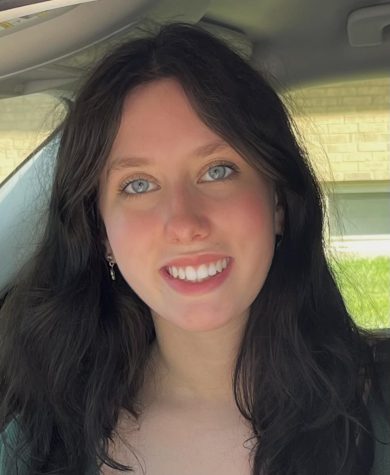
Bella Kaminsky is a Senior, who is looking forward to graduating in the hopes of pursuing a career in journalism. In her free time, she enjoys writing...


